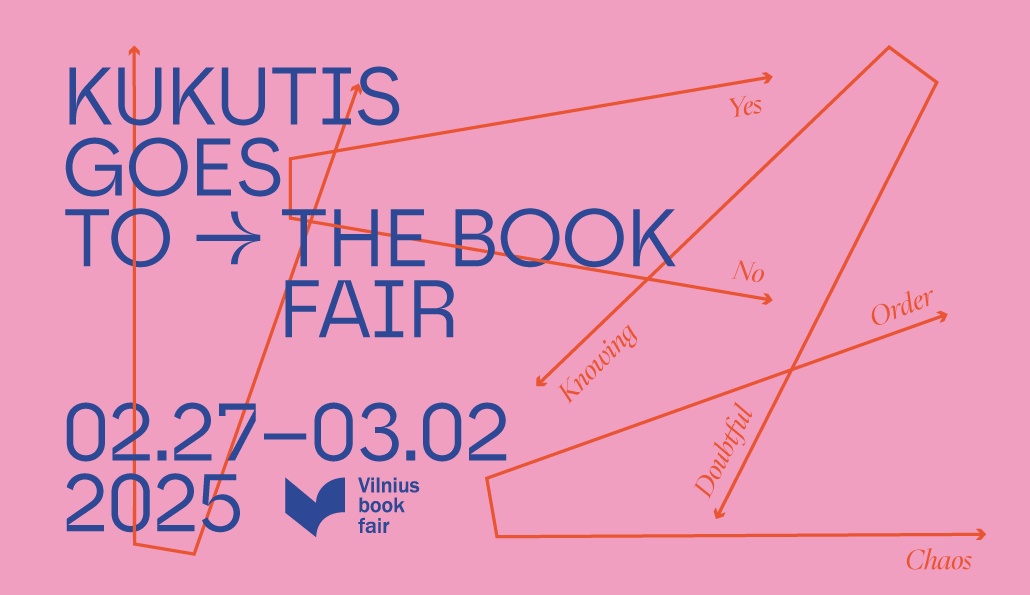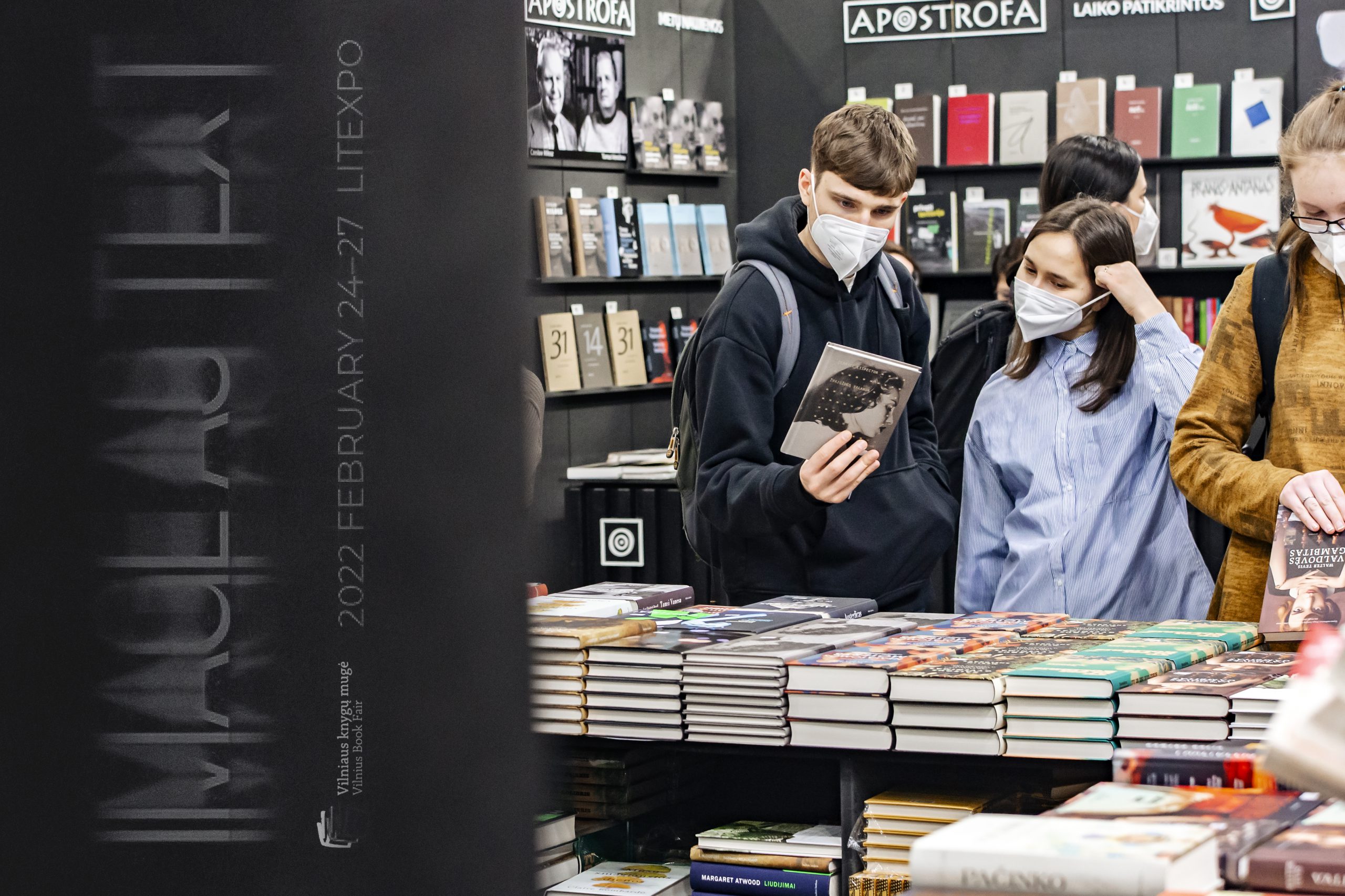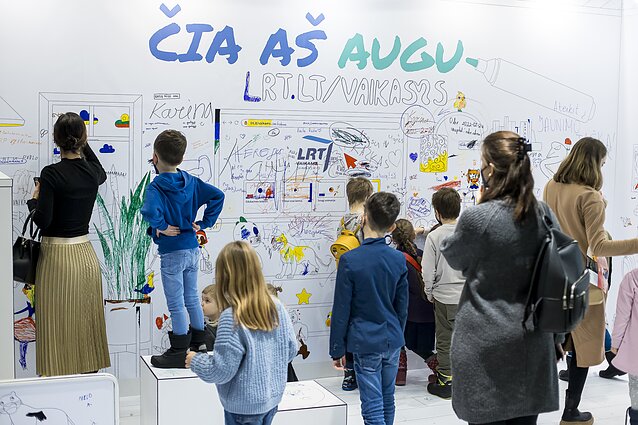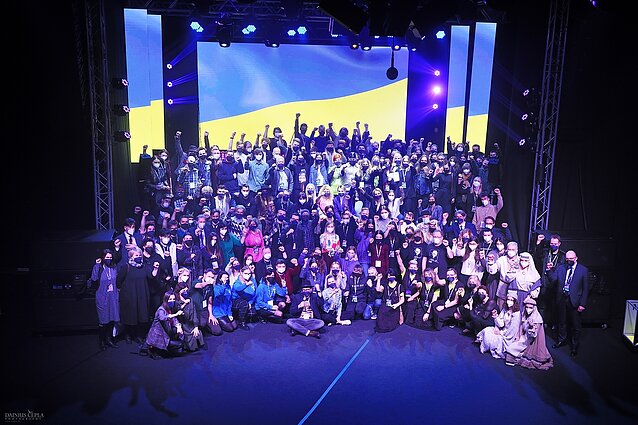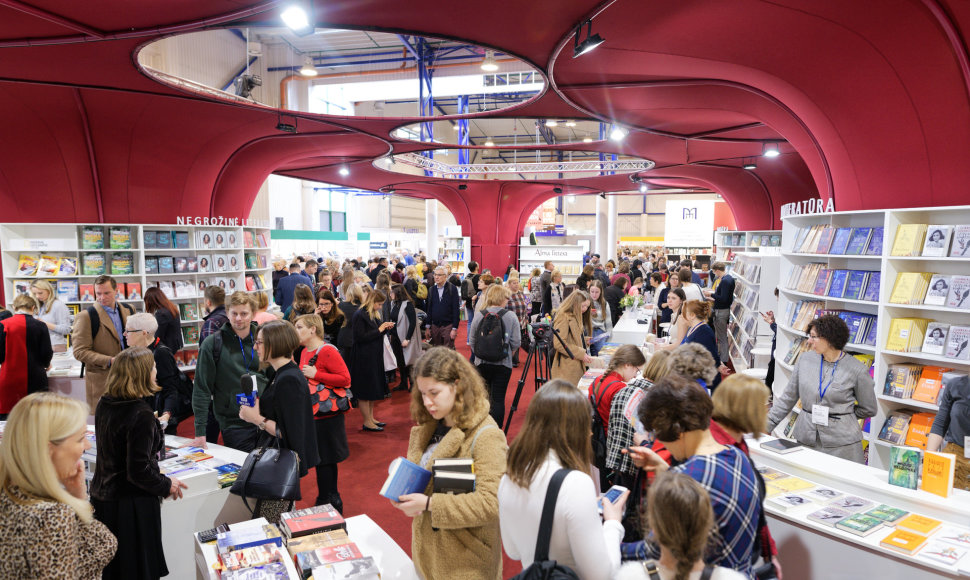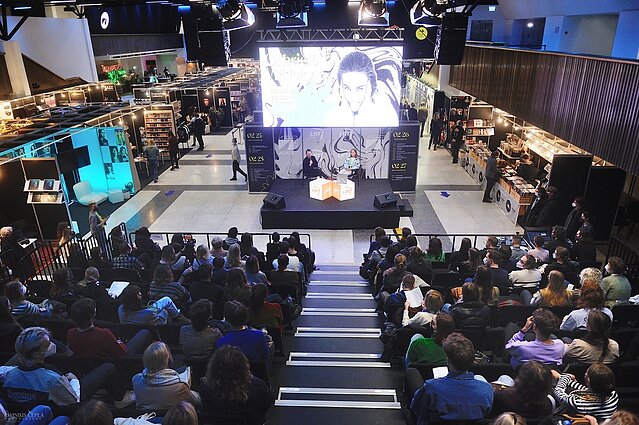From February 27 to March 2, 2025, the Lithuanian Exhibition and Congress Center LITEXPO will host the 25th International Vilnius Book Fair, with the slogan “Kukutis Goes to the Fair.” On November 19, 100 days before the event, a meeting of participants, organizers, initiators, and publishers was held at LITEXPO. During the event, gratitude was expressed to those who conceived and organized the first book fairs, as well as to the initiators of the Music Hall concept.
In preparation for this milestone event, we spoke with Lolita Varanavičienė, head of the publishing house Tyto alba and a long-time organizer of the Vilnius Book Fair, and Milda Gembickienė, who for two decades led the exhibition group at LITEXPO. When asked about the secret to the success of this quarter-century tradition, both answered unequivocally: “A passionate team and pure enthusiasm.”
A Celebration for Publishers, Writers, and Readers
To understand the history of the Vilnius Book Fair, one must look back to 1999, when LITEXPO hosted the Baltic Book Fair, an event that rotated annually between the capitals of the Baltic States. That year in Vilnius, the fair garnered unexpectedly high interest.
“Even in 1999, we sensed the strong desire of Lithuanians to read and discuss books,” said Varanavičienė. “This inspired us to explore new formats, leading to the idea of the Vilnius Book Fair. The first fair in 2000 was held in the current Music Hall space and focused on publishers’ book clearances. It was astonishing how many people came, many lugging bags full of books.”
Gembickienė echoed this sentiment: “The first fair was small, though at the time it felt quite large. We spent considerable time debating the format and ultimately chose a Swedish-style model—open to everyone—a celebration for writers, publishers, and readers alike. These three groups became the core of the fair, and it turned out to be a highly successful format.”
The organizers initially relied on international book fairs for inspiration and standards. Over the years, the Vilnius Book Fair has evolved into a learning experience for both publishers and visitors, as Varanavičienė explained: “These 25 years could be described as ‘study years.’”
A Fair That Challenges Norms
Two and a half decades ago, presenting and promoting books publicly was considered risky, as it was widely believed that books should find their readers on their own. “At the time, we didn’t have the now-familiar formats of discussions or concise, conceptual conversations with creators,” noted Varanavičienė. “There was even some resistance to these ideas. In this cultural context, we had to challenge norms and learn how to fit events into 45-minute formats and moderate effectively.”
Today, the Vilnius Book Fair boasts a rich cultural program, with over 500 events offered during its four days—a tenfold increase from the inaugural fair. The growing audience prompted organizers to cater to diverse groups, including families, children, and professionals.
Over the years, specialized features such as library-focused days and children’s activities have been introduced. Themes like culinary books and live demonstrations, as well as the addition of social and political discussions, have made the fair a space “about people and what matters to them.”
International Stars Meet Local Readers
The fair has brought dozens of renowned international authors to Lithuania. However, Varanavičienė recalled how challenging it was initially to invite such stars. “Some authors saw their visit to Vilnius as an exotic adventure, wanting to see snow or an unfamiliar part of Europe,” she said.
Notable guests have included John Irving (The World According to Garp), Colleen McCullough (The Thorn Birds), and Alessandro Baricco. Over time, however, Lithuanian authors have gained equal or greater popularity among visitors, reflecting a shift in reading trends shaped by the fair itself.
The Music Hall: A Decade of Harmony
Since 2015, the Music Hall has been an integral part of the fair. Initiated by the Lithuanian Neighbouring Rights Association (AGATA), it began as a cozy corner combining books, live music, and coffee. Today, it’s a testament to the successful synergy between literature and music.
A Fair for Book Lovers
Over the years, the Vilnius Book Fair has become more than a place to buy books—it’s a cultural event. Many families who visited in its early days now return with their children, creating a multigenerational tradition.
“It’s a gathering of people with the same ‘book blood type,’” said Varanavičienė. Gembickienė added, “The fair has always attracted positive, curious visitors who are forgiving of any mishaps. They know why they’re here.”
The Historical Role of the Fair
Looking back, the Vilnius Book Fair not only reflects changes in publishing but also documents shifts in Lithuanian literature and culture. While much of its rich content remains undocumented, it has left an indelible mark on those who attended.
As Varanavičienė concluded, “The fair plays a critical role in preserving our language amidst globalization. While many young people read in English, the fair’s success in promoting Lithuanian authors and literature has been remarkable.”
Kukutis Goes to the Fair
The 2025 fair will center around the character Kukutis, created by poet Marcelijus Martinaitis. Symbolizing freedom and individuality, Kukutis serves as a fitting emblem for a fair that has grown into a cherished cultural tradition.














